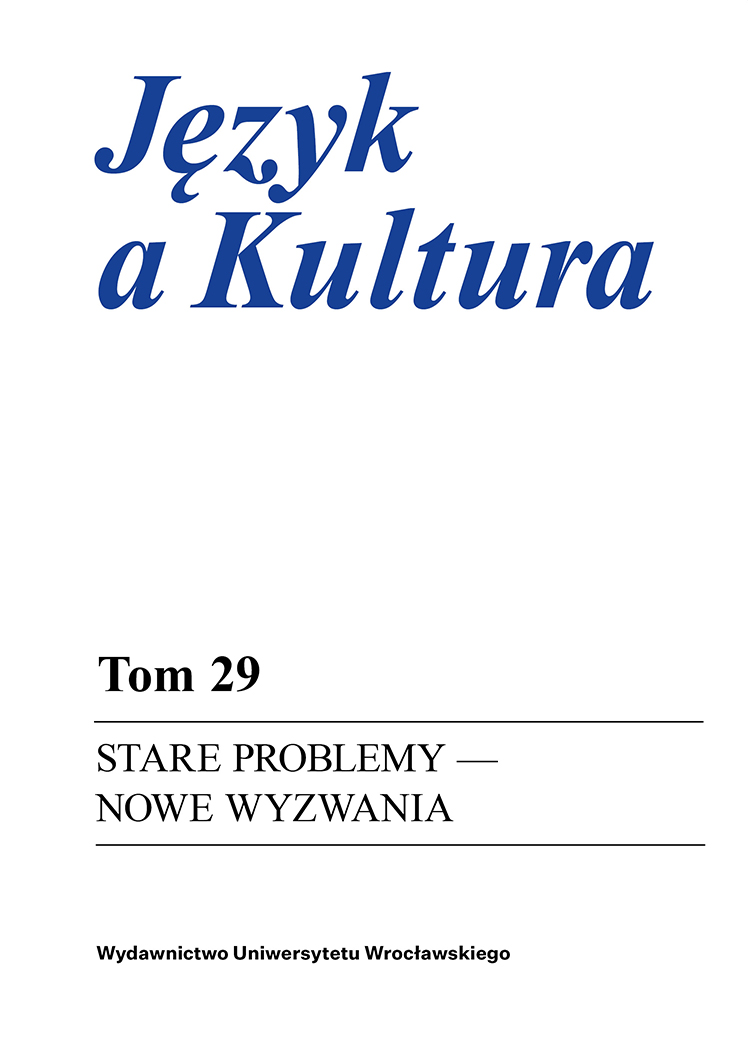Kulturowa (nie)przetłumaczalność emocji w języku — na przykładzie emocji negatywnych
Cultural (un)translability of emotions in language — on the example of negative emotions
Author(s): Barbara ŁukaszewiczSubject(s): Psycholinguistics, Sociolinguistics
Published by: Wydawnictwo Uniwersytetu Wrocławskiego
Keywords: relationship between language and emotion; emotions in language; expression of emotions; names of emotions; cultural untranslability; negative emotions;
Summary/Abstract: The article considers the possibility of translating the names of emotions into other languages, taking into account cultural and sociolinguistic factors. Based on the concepts created by researchers in traductology (e.g. John C. Catford) or cultural linguistics (e.g. Anna Wierzbicka), it has been shown that the names of emotions can be perceived as untranslatable, especially in the context of searching for their one-word equivalents in other languages. Attention was paid to such names, the meaning of which is closely related to the culture of a given society (e.g. historical events) and therefore they should be classified as the so-called mentifacts, defined by Donald W. Klopf as affective and cognitive factors shaping the perception of the world by a given community. The proposed way of explaining the meanings of the names of emotions is the description of exemplary situations as a result of which they arise or with which they are commonly associated in a given society. In the summary, it was emphasized that the names of emotions are keywords with which you can learn not only a foreign language, but also culture.
Journal: Język a Kultura
- Issue Year: 2022
- Issue No: 29
- Page Range: 59-68
- Page Count: 10
- Language: Polish

